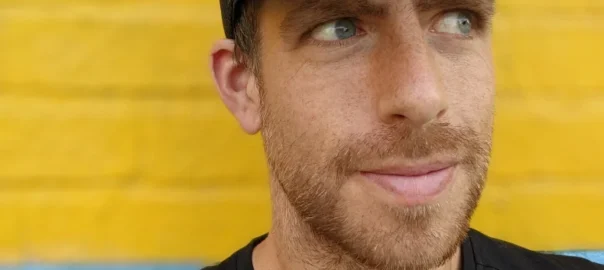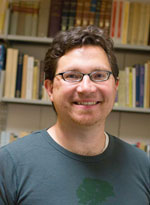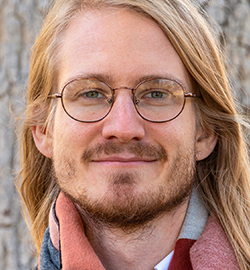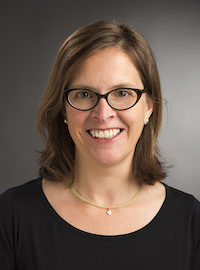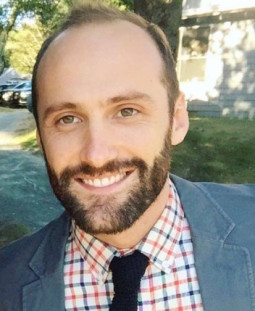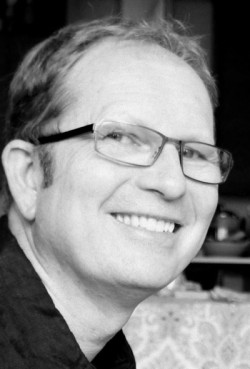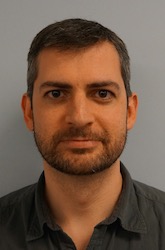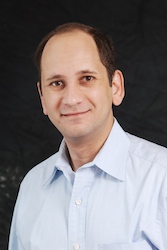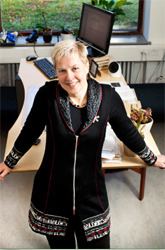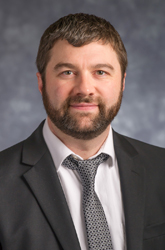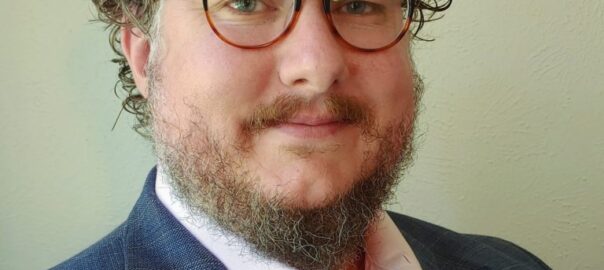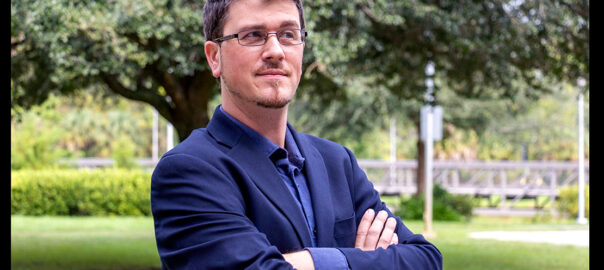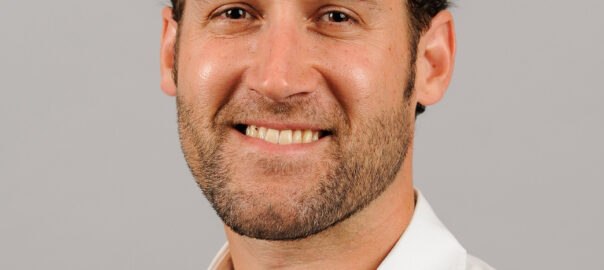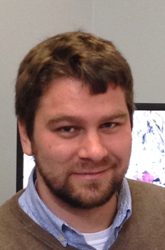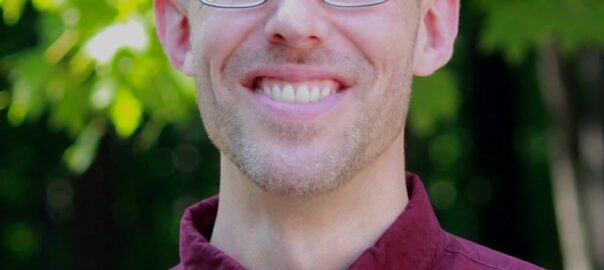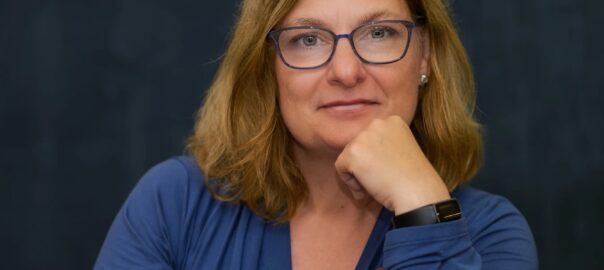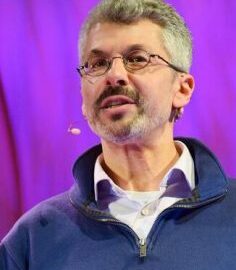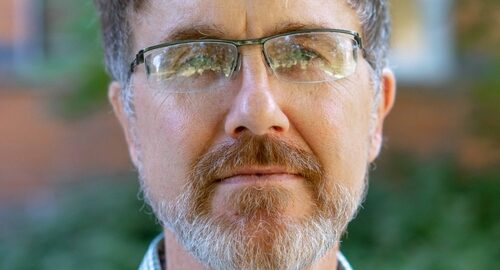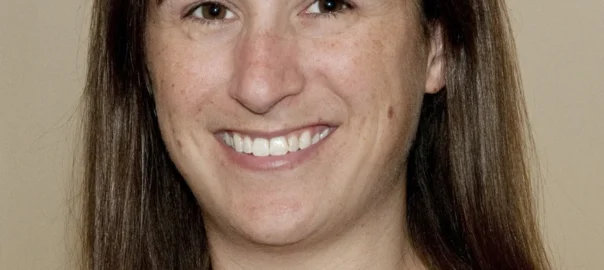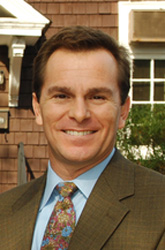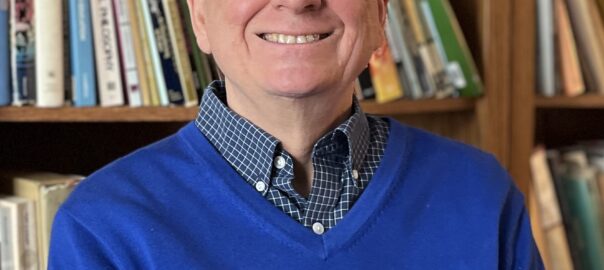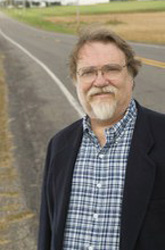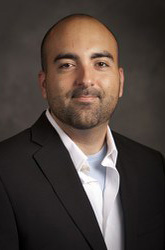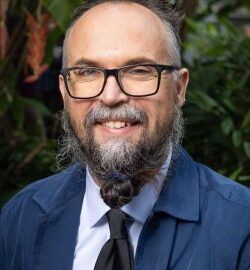Bio
Justin Biddle is Associate Professor in the School of Public Policy at the Georgia Institute of Technology, the director of the Ethics, Technology, and Human Interaction Center, and a Faculty Affiliate in the Georgia Tech Center for Machine Learning. He is also a part of the Georgia Artificial Intelligence Manufacturing Technology Corridor (GA-AIM) and lead a team to facilitate the early identification and management of potential ethical and societal consequences of AI-enabled manufacturing systems. I am also co-lead of the Ethical AI Thrust of the National AI Institute on Advances in Optimization.
Dr. Biddle’s research interests are interdisciplinary in nature, drawing on fields such as philosophy of science, bioethics, environmental ethics, philosophy of food, the ethics of emerging technologies, and science and technology policy. The two main foci of his research are the role of values in science and the epistemic and ethical implications of the social organization of research. A particular focus is the epistemic and ethical implications of current intellectual property and licensing policies in science, especially in biomedicine and agricultural biotechnology.He has been a Distinguished Fellow of the Notre Dame Institute for Advanced Study, working on the epistemic and ethical implications of patenting and licensing in genetically modified (GM) seeds, and a Fellow in Philosophy of Science at Bielefeld University, Germany.
Justin holds a B.A. in Philosophy and a B.S. in Physics from the University of Dayton and an M.A. and Ph.D. in History and Philosophy of Science from the University of Notre Dame. Before joining the School of Public Policy, he taught in the Department of Philosophy at Bielefeld University, Germany.
Selected Publications
Biddle, J. (2023). “Values in AI Systems.” In G. Robson & J. Tsou (Eds.), Routledge Companion to Technology Ethics. London: Routledge, 132-140.
Biddle, J. (2022). “On Predicting Recidivism: Epistemic Risk, Tradeoffs, and Values in Machine Learning.” Canadian Journal of Philosophy 52(3): 321-341.
Schiff, D., K. Laas, J. Biddle, and J. Borenstein (2022). “Global AI Ethics Documents: What They Reveal About Motivations, Practices, and Policies.” In K. Laas, M. Davis, & E. Hildt (Eds.), Codes of Ethics and Ethical Guidelines: Emerging Technologies, Changing Fields. Springer: 121-143.
Biddle, J. (2020). “Epistemic Risks in Cancer Screening: Implications for Ethics and Policy.” Studies in History and Philosophy of Science Part C: Studies in History and Philosophy of Biological and Biomedical Sciences 79: 101200.
Biddle, J. (2018). “‘Antiscience Zealotry’? Values, Epistemic Risk, and the GMO Debate.” Philosophy of Science 85: 360-379.
Biddle, J. (2016). “Intellectual Property in the Biomedical Sciences.” In Routledge Companion to Bioethics, R. Kukla, J. Arras, and E. Fenton, eds. London: Routledge.
Biddle, J. (2014). “Can Patents Prohibit Research? On the Social Epistemology of Patenting and Licensing in Science.” Studies in History and Philosophy of Science 45: 14-23.
Biddle, J. (2013). “Institutionalizing Dissent: A Proposal for an Adversarial System of Pharmaceutical Research.” Kennedy Institute of Ethics Journal 23: 325-353.
Biddle, J. (2013). “State of the Field: Transient Underdetermination and Values in Science.” Studies in History and Philosophy of Science 44: 124-133.
Biddle, J. (2012). “Tragedy of the Anticommons? Intellectual Property and the Sharing of Scientific Information.” Philosophy of Science 79: 821-832.
Biddle, J. (2011). “Putting Pragmatism to Work in the Cold War: Science, Technology, and Politics in the Writings of James B. Conant.” Studies in History and Philosophy of Science 42: 552-561.
Biddle, J. and E. Winsberg (2010). “Value Judgements and the Estimation of Uncertainty in Climate Modeling.” In New Waves in Philosophy of Science, P. D. Magnus and J. Busch, eds. Basingstoke, Hampshire: Palgrave MacMillan, 172-197.
Biddle, J. (2009). “Advocates or Unencumbered Selves? On the Role of Mill’s Political Liberalism in Longino’s Contextual Empiricism.” Philosophy of Science 76: 612-623.
Biddle, J. (2007). “Lessons from the Vioxx Debacle: What the Privatization of Science Can Teach Us about Social Epistemology.” Social Epistemology 21: 21-39.
Websites
http://www.justinbiddle.com/
